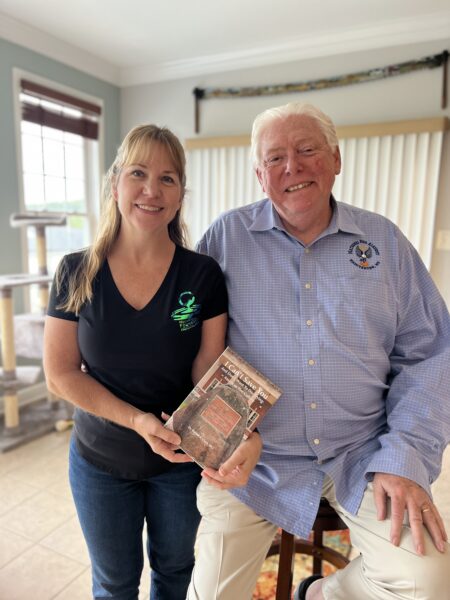GOAL:
To that end, our 501(c)(3) Foundation will accept, as well as seek funds to distribute copies of I Can’t Save You And Don’t Want To Die Trying: American Fire Culture by Dr. Burton A. Clark, EFO to all those who can begin the positive Ripple of Change. Including stakeholders at the local, state, and national levels, including public administrators, fire safety training facilities, fire marshals, and the like, to educate as many people as possible to effect the positive change required to ensure the safety of all our first responders.
Dr. Clark’s book is a road map that social, political, economic, and technological stakeholders can use to reduce the loss of life and property from fire. From the firehouse to the state house, from the boardroom to the living room, we must do better to prevent and survive fires.
BACKGROUND of Foundational Legislative Outreach Before ROC:
During Fire Prevention Week every member of the 114th U.S. Congress received, courtesy of FAMA/FEMSA GAC, a customized edition of Clark’s first book I Can’t Save You, But I’ll Die Trying: The American Fire Culture. Ex. Administrator Karen Burnham whose joint Government Affairs Committee hosted the project said, “Providing congressional members with important information on a variety of issues facing firefighters, elected officials, government leaders, public administrators, educators, and citizens regarding fire safety is a great first step in getting everyone thinking and talking about how to significantly reduce death and property loss by fire.” Members of Fire Apparatus Manufacturers’ Association (FAMA) and Fire and Emergency Manufacturers and Services Association (FEMSA) through their joint Government Affairs Committee (GAC) supported the 114th Congressional Edition.
DRIVING CHANGE:
Books were well-received, Congresswoman Eddie Bernice Johnson, 30th Congressional District, Dallas, Texas wrote, “Starting a conversation on fire safety is crucial to helping save lives of firefighters and civilians; I appreciate the fact this book aims to initiate a meaningful dialogue on the American fire culture.”





